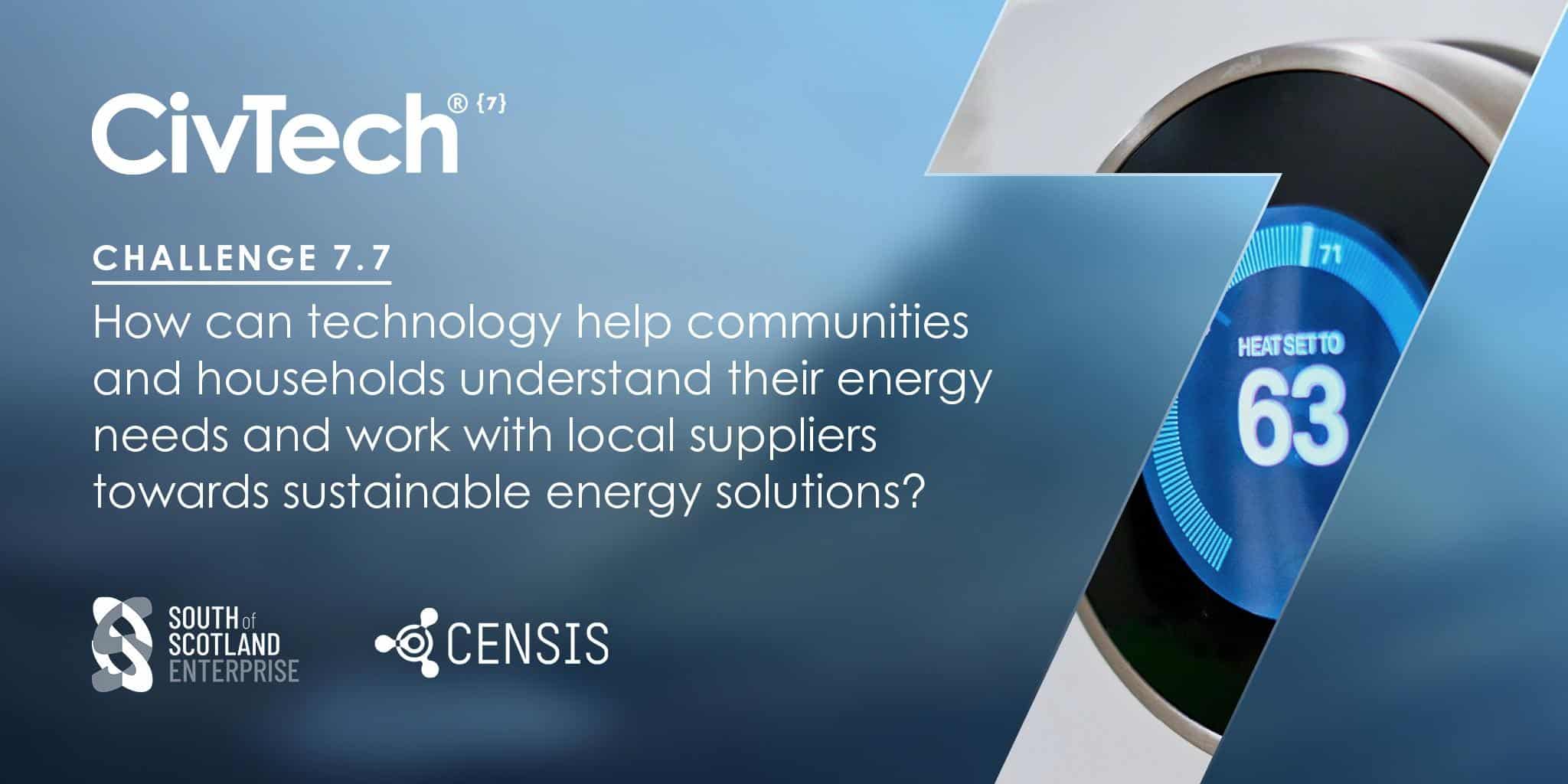Suppose you can get a few homeowners in a flat in Edinburgh to work together to pay to clear out their gutters. Suppose the owners of a two-in-a-block in Aberdeen decide to share the cost of a new roof survey. You haven’t just prevented stone from staining and passing through humidity, or getting clarity on the issues facing your roof. You’ve also created the beginning of a community which will solve more greater problems later on.
British homes are some of the least energy-efficient in all of Europe, and our reliance on expensive and unsustainable fuels is extremely high. There’s a silver lining: whilst energy prices are increasing, awareness is also dramatically improving. In the background, new, better regulations are coming, and the government recognises the funding gap. The financial industry is responding. The supply chain is starting to think about upskill. It’s early days (despite all the media frenzy every time COP comes around), but there is movement on the ground.
Even though there is hope, as far as the private sector is concerned, a home-by-home approach isn’t going to cut it – there is just not enough capacity on the supply side to see to small individual jobs and contractors more interested in large scale contracts or frameworks. This means that demand must be aggregated to make jobs happen in the first place, and then keep costs to a minimum. Furthermore, many energy efficiency renovations require a whole house approach to be successful. If you live in a block of flats, the insulation and thermal efficiency of the building on all sides has a great impact on yours. Finally, energy delivery is all about networks, not individual connections. Many solutions, such as heat networks or local wind power generation, require means of collaboration by definition.
Working together towards reducing carbon emissions
In short, when it comes to energy efficiency renovations, no home is an island. If the country is to go at the pace it needs to meet its ambitious carbon emissions reduction targets, it needs a solution which enables communities to come together and procure energy efficiency work. Before COP26, research showed that 87% of homeowners in the UK are open to using a web-based solution for energy efficiency upgrades. The time has come for the emergence of a countrywide digital platform for energy efficiency and decarbonisation of homes which addresses the needs of homeowners and communities alike.
The Scottish Government, through the CivTech programme, with South of Scotland Enterprise, have decided to renew their confidence by providing more funding to expand Novoville’s app-based repairs and maintenance marketplace into the retrofit and building decarbonisation space. Retrofit coordinators EALA Impacts and community intermediary Loco Home have joined uin to deliver on CivTech’s exciting challenge.
As part of this work, Scottish homeowners are being asked for their thoughts, fears and expectations when it comes to retrofitting their home. If you own domestic property in Scotland, please respond to the survey for a chance to win a free condition survey from accredited surveyors and retrofit assessors.
Reducing domestic carbon emissions will only happen in time and at scale if all concerned stakeholders push in the same direction. Together, we can make British homes comfortable, cheap to run and at the same time reduce their impact on the planet.












